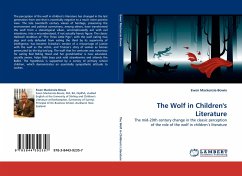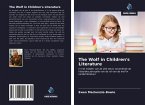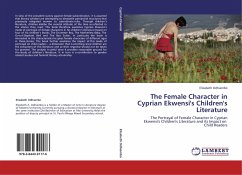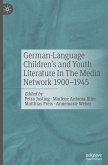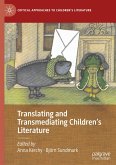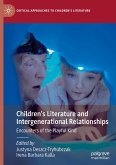The perception of the wolf in children's literature has changed in the last generation from one that is essentially negative to a much more positive view. The late twentieth century values of heritage, preserving the environment and political correctness, among others, have transformed the wolf from a stereotypical villain, uncomplicatedly evil with evil intentions, into a misunderstood, if not actually heroic figure. The classic Halliwell rendition of The Three Little Pigs , with the wolf eating two pigs and only defeated from eating the third by its superiority of intelligence, has become Scieszka's version of a miscarriage of justice with the wolf as the victim, and Trivizas's story of wolves as heroes persecuted by the big bad pig. The wolf that for centuries was notorious for eating Red Riding Hood and her grandmother is now educated, socially aware, helps little boys pick wild strawberries and attends the Ballet. The hypothesis is supported by a survey of primary school children, which demonstrates an essentially sympathetic attitude to wolves.
Bitte wählen Sie Ihr Anliegen aus.
Rechnungen
Retourenschein anfordern
Bestellstatus
Storno

